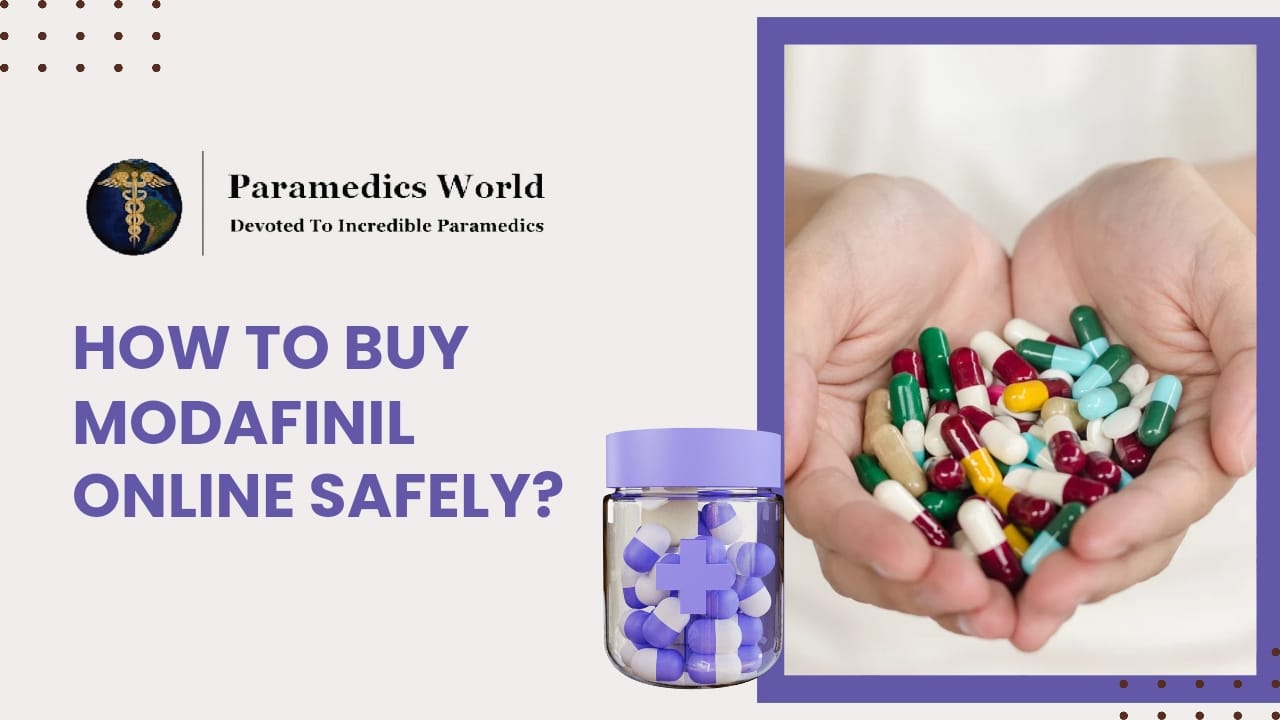corinefredrick
About corinefredrick
Understanding Modafinil: The Sensible Drug Revolution
Modafinil, a wakefulness-promoting agent, has garnered important consideration in recent times, significantly amongst college students, professionals, and people in search of cognitive enhancement. Originally developed within the 1970s in France, it was authorised by the U.S. Meals and Drug Administration (FDA) in 1998 for the remedy of narcolepsy, a disorder characterized by extreme daytime sleepiness. Since then, its applications have expanded, resulting in a rising interest in its effects, mechanisms, and potential for off-label use.
Pharmacology and Mechanism of Motion
Modafinil is categorized as a eugeroic, a time period that refers to substances that promote wakefulness without the unwanted effects commonly related to conventional stimulants like amphetamines or caffeine. The precise mechanism of action of modafinil will not be absolutely understood, however it’s believed to affect a number of neurotransmitter methods in the mind. Primarily, modafinil is thought to enhance the degrees of dopamine, norepinephrine, and histamine, which play crucial roles in regulating alertness, consideration, and mood.

Research has shown that modafinil increases the focus of dopamine in the brain by inhibiting the dopamine transporter, thereby prolonging the action of dopamine in synaptic clefts. This action is just like that of different stimulants but is taken into account to be less potent, leading to a lower risk of addiction and fewer negative effects. Additionally, modafinil’s impression on the hypothalamus and its means to increase histamine levels contribute to its wakefulness-promoting properties.
Clinical Uses
Past its FDA-authorized use for narcolepsy, modafinil is prescribed for varied conditions, including obstructive sleep apnea and shift work sleep disorder. In these contexts, modafinil helps patients manage excessive daytime sleepiness, bettering their high quality of life and every day functioning. Its off-label use has additionally gained traction, significantly among healthy people seeking cognitive enhancement. Students usually use modafinil during exam durations to enhance concentration and cut back fatigue, while professionals in high-demand fields put it to use to sustain productivity throughout lengthy work hours.
Cognitive Enhancement and Tutorial Stress
The phenomenon of utilizing modafinil as a cognitive enhancer raises moral questions and considerations concerning the implications of ”smart medicine” in tutorial and professional settings. Research have indicated that modafinil can enhance govt capabilities, together with working reminiscence, planning, and determination-making, notably in sleep-deprived individuals. However, the consequences on healthy individuals with adequate sleep are less clear, with some analysis suggesting only modest improvements in cognitive efficiency.
The increasing stress to excel academically and professionally has led many to consider pharmacological interventions as a method to achieve a competitive edge. This trend is especially pronounced in excessive-stakes environments the place efficiency is closely monitored and evaluated. Whereas modafinil might present quick-term advantages, the long-time period penalties of its use, particularly in healthy people, remain largely unknown.
Security and Side effects
Modafinil is generally effectively-tolerated, with a positive safety profile compared to conventional stimulants. Widespread uncomfortable side effects embrace headache, nausea, anxiety, and insomnia. Severe negative effects, though uncommon, can occur, comparable to extreme allergic reactions and pores and skin rashes. The potential for dependence is lower than that of other stimulants, but warning is still suggested, especially for people with a history of substance abuse.
The long-term effects of modafinil use in wholesome individuals will not be effectively-studied, raising issues about potential dangers associated with chronic use. Some researchers warn that reliance on cognitive enhancers might result in decreased motivation to have interaction in pure learning processes, in the end undermining intellectual improvement and personal progress.

The moral Debate
The use of modafinil and different cognitive enhancers has sparked a significant moral debate. If you have any questions regarding where and exactly how to make use of buymodaonline, you can contact us at our own page. Proponents argue that if a drug can improve cognitive operate and productiveness, it ought to be out there to those who want to use it. They contend that cognitive enhancement can result in increased efficiency and innovation, benefiting society as a complete. Furthermore, in excessive-stress environments, the use of modafinil may be seen as a vital instrument to take care of competitiveness.
Conversely, critics elevate issues about fairness and fairness. The potential for a divide between those who can afford cognitive enhancers and those who cannot may exacerbate present inequalities in education and employment. Additionally, the normalization of drug use for performance enhancement might shift societal expectations, pressuring individuals to use such substances to meet more and more demanding requirements.
Conclusion
Modafinil represents an interesting intersection of pharmacology, ethics, and societal conduct. Whereas it gives official advantages for individuals with sleep disorders and holds promise for cognitive enhancement, its use in healthy individuals raises important questions about the implications of counting on pharmacological solutions for performance and productivity. As research continues to explore the results and long-time period penalties of modafinil, it is crucial for society to engage in thoughtful discussions about the role of cognitive enhancers in our lives. Balancing the potential benefits against ethical considerations and the pursuit of real human capabilities might be important as we navigate the complexities of the good drug revolution.
No listing found.